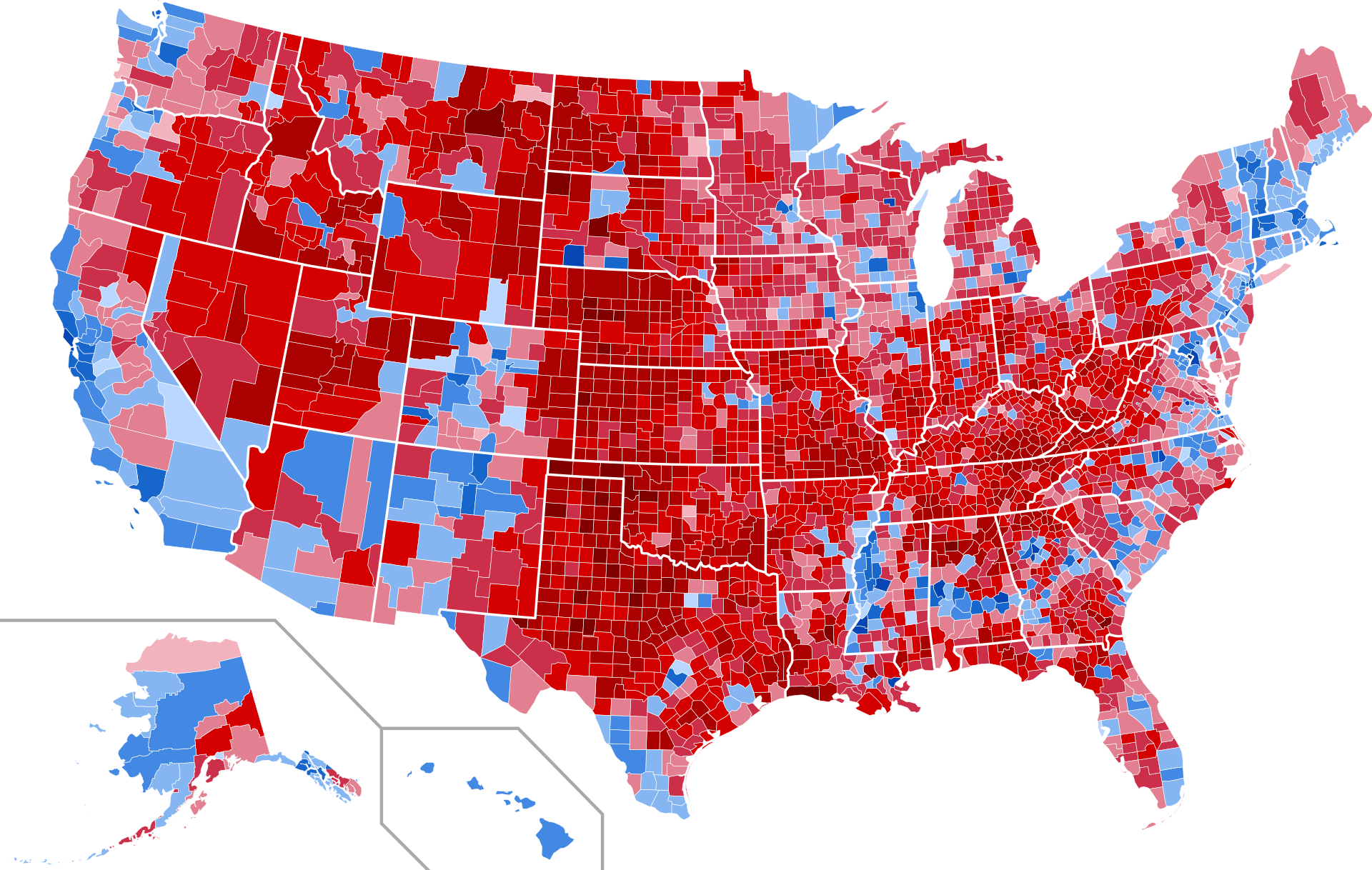
By Peter Beck ’25 (DCI Fellow)
With the highly anticipated November 2022 elections being held this fall, our D Team discussions on electoral accessibility, integrity and reform have been highly relevant to current events. People closely watched the 2022 Midterm elections for a plethora of reasons, but especially for its status as the first set of national elections since the January 6th Insurrection. Democracy and the response to the attack on the Capitol were, in many ways, on the ballot. Indeed, there were a host of candidates running for state and federal office who continue to deny the results of the 2020 Presidential Election (shown in the image above). According to a New York Times-Siena College poll, over seventy percent of voters believe American democracy to be at risk.
Like many other Americans, the efficacy and integrity of election administration are close to my heart. I believe in a patriotic duty to participate in our democracy by casting a vote. Beyond voting, enlisting in the military, serving on a jury, and paying taxes, there are several other ways in which citizens can involve themselves with supporting our nation’s governance. Another such mechanism for people to participate and ensure the success of our democracy is by volunteering for local election offices.
Amidst the Presidential election and the COVID-19 pandemic, election officials expected a record-breaking sum of mail-in ballots for the November 2020 elections. With this in mind, my friend (Mills Jordan, a fellow member of the Davidson Class of 2025) and I recruited over forty high school students to help the Charleston Election Commission process mail-in ballots.
Spanning six different high schools, students took time off from school and worked three arduous days sorting nearly a hundred thousand envelopes and ballots. This involved navigating health and safety concerns as well as arcane and ambiguous election laws. For the first time in Charleston County history, the sum of votes cast by mail surpassed the number of in-person voters. Miraculously, the team of students and I completed sorting ballots on Election Day before in-person polling places closed.
Election officials across the country also struggled to keep up while facing a flood of mail-in ballots. Areas with higher populations and underwhelming resources could not possibly count all of the votes before the end of election night. This led to the proliferation of conspiracy theories, threats, and even attacks on election officials. These false accusations of election manipulation were essential in creating the climate that led to the storming of the U.S. Capitol.
This context and the current political atmosphere made elections all the more important as a topic for D Team discussion. In our past two sessions, my D Team came together from different backgrounds and ideologies to share their concerns about American democracy. Every participant agreed about the importance of the present moment. We had a robust conversation discussing and coming up with solutions to increase election transparency and accessibility, like expanding peoples’ ability to vote by mail.
Initially, I expected our conversation not to produce many changes of heart, given the fact-based approaches to election integrity. Seeing whether a person believes in the validity of the 2020 election is pretty straightforward. However, I found my D Team participants to be especially responsive and compassionate towards the experiences of their peers. Our country’s current election laws, largely left up to the states, allowed for a conversation that incorporated a diversity of experiences and methods for voting. People’s individual stories were accepted and informed the group’s understanding of voting in the United States.
Residents of different states could compare the methods of how they vote and what they felt most comfortable with. This was an extremely useful exchange of ideas when considering which voting reforms to implement. My D Team deliberation led to a helpful, even necessary, broadening of perspectives on how to improve our electoral process and preserve our democracy.
